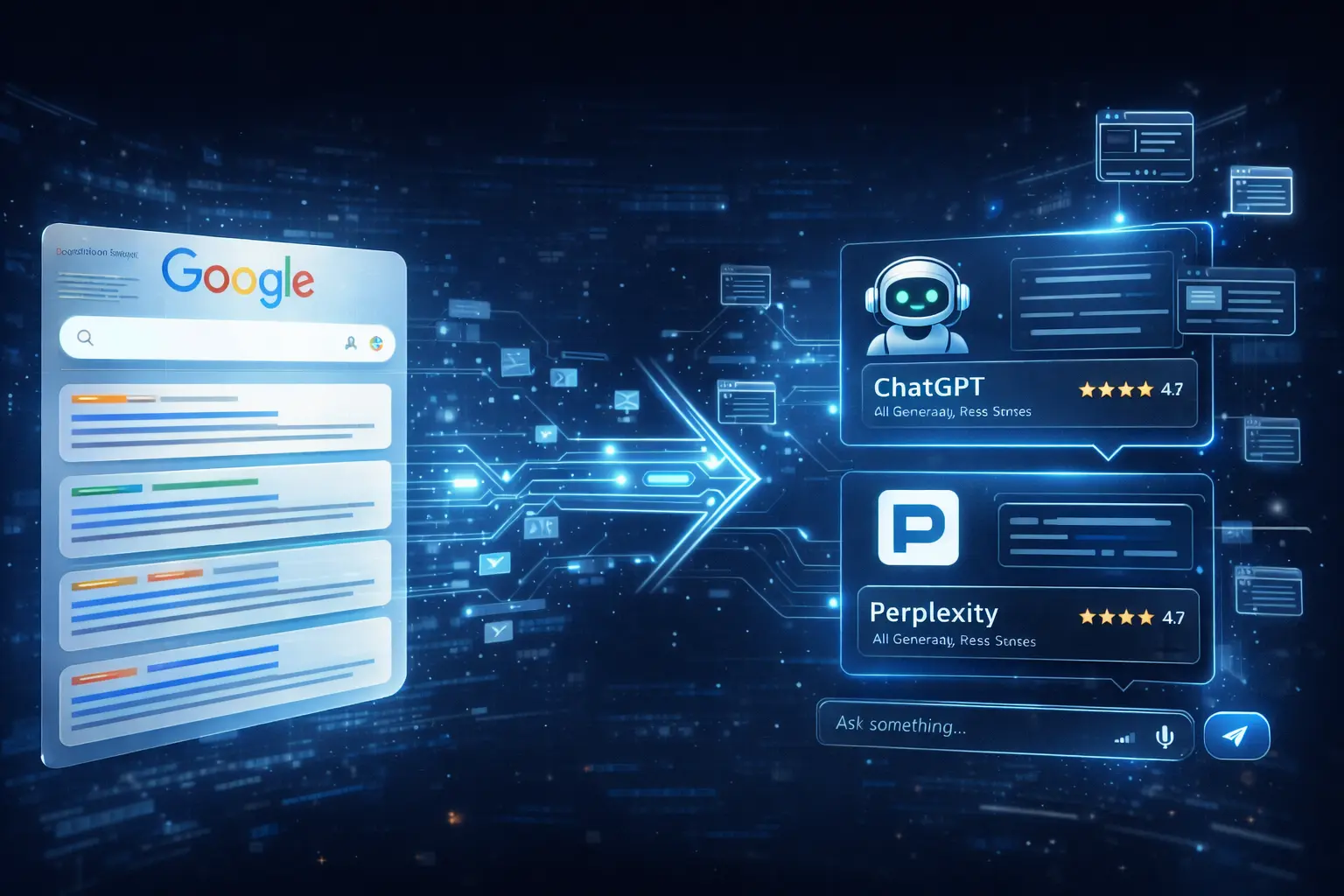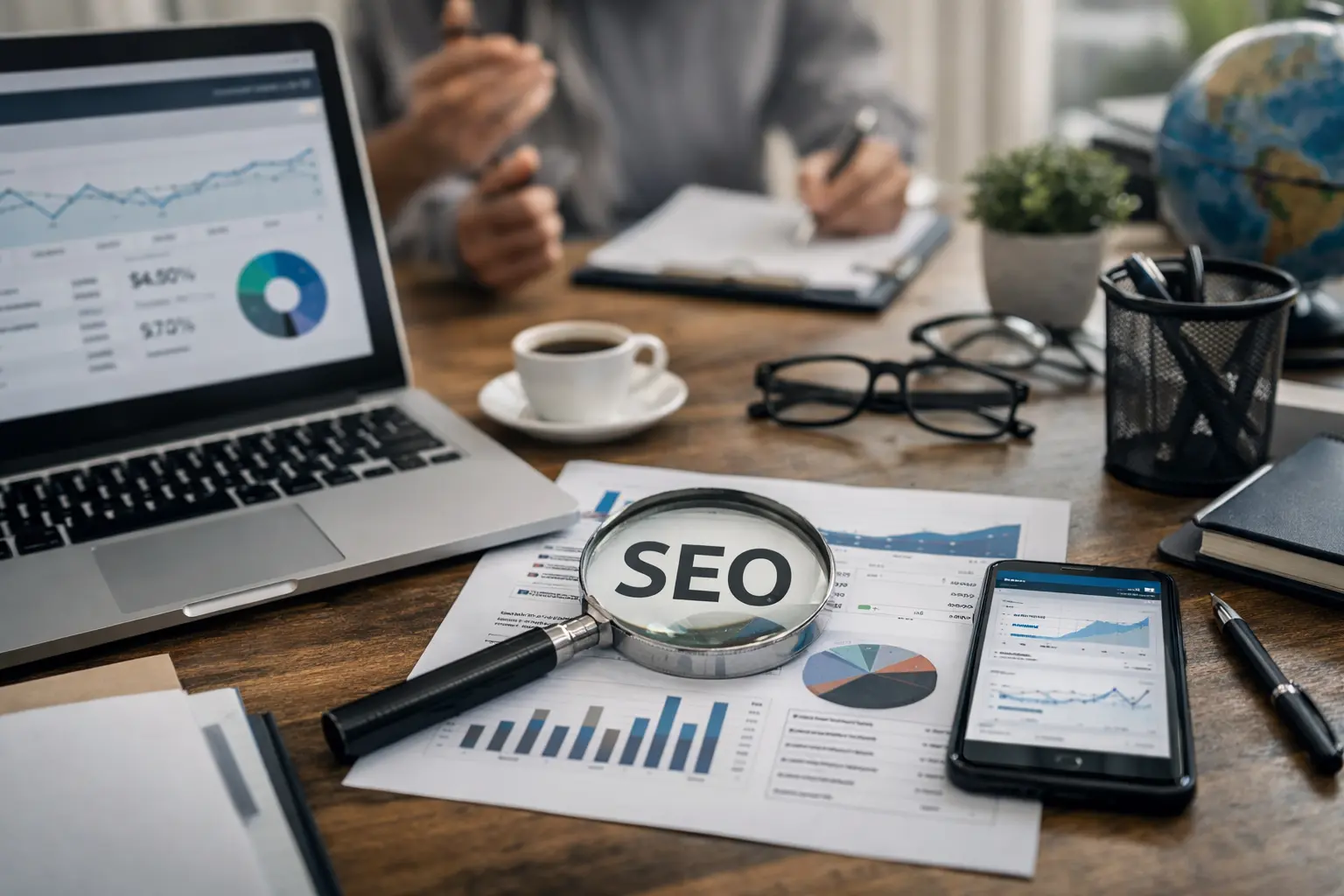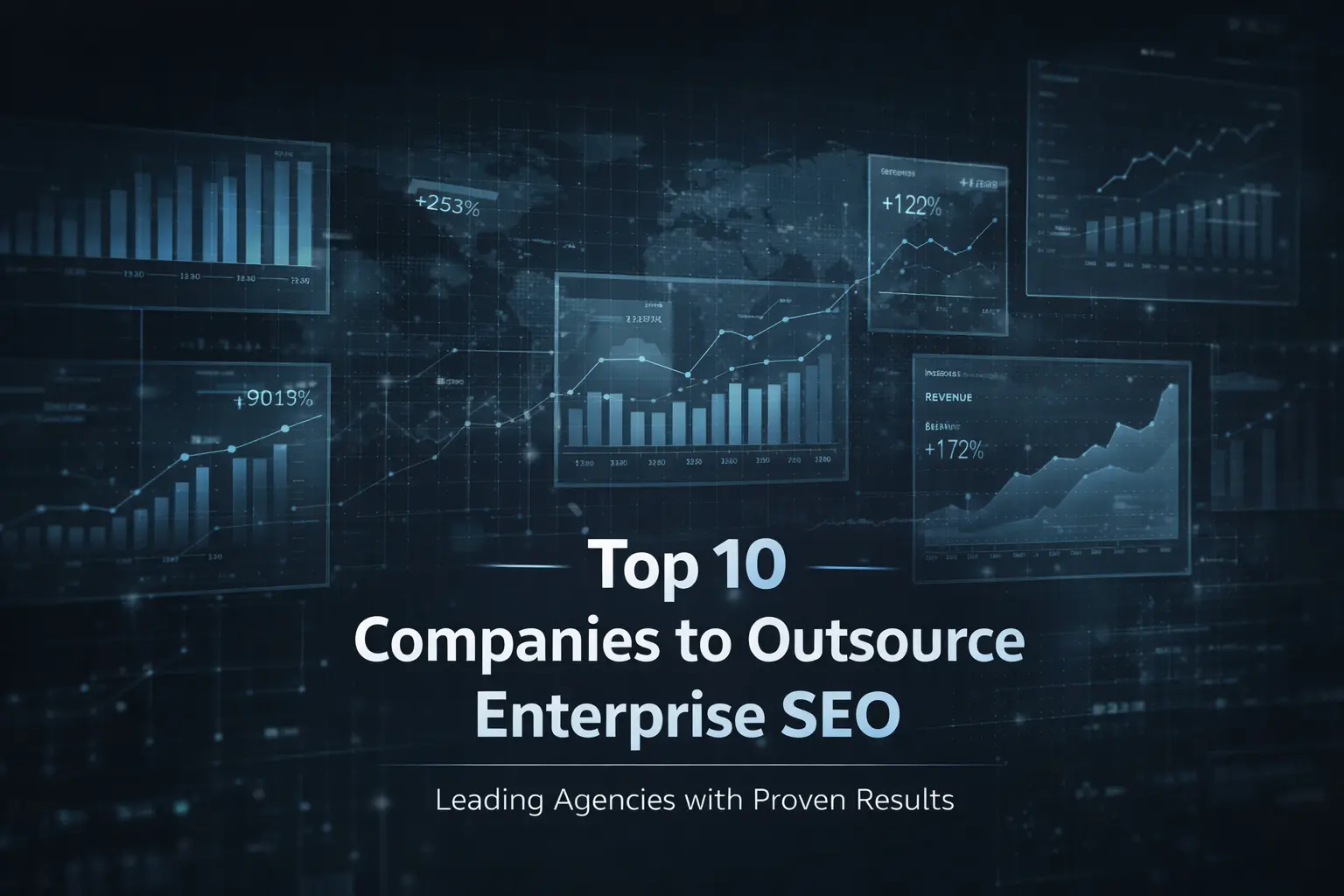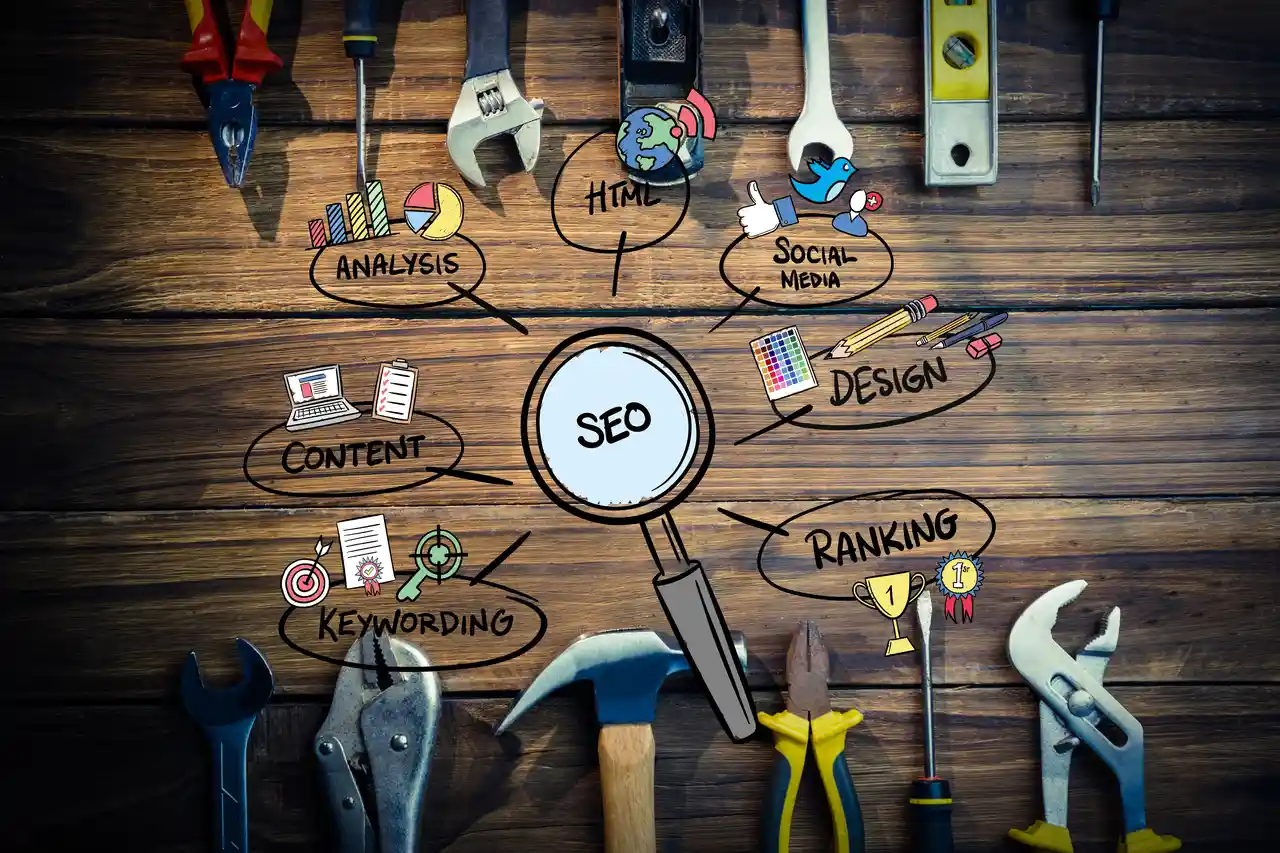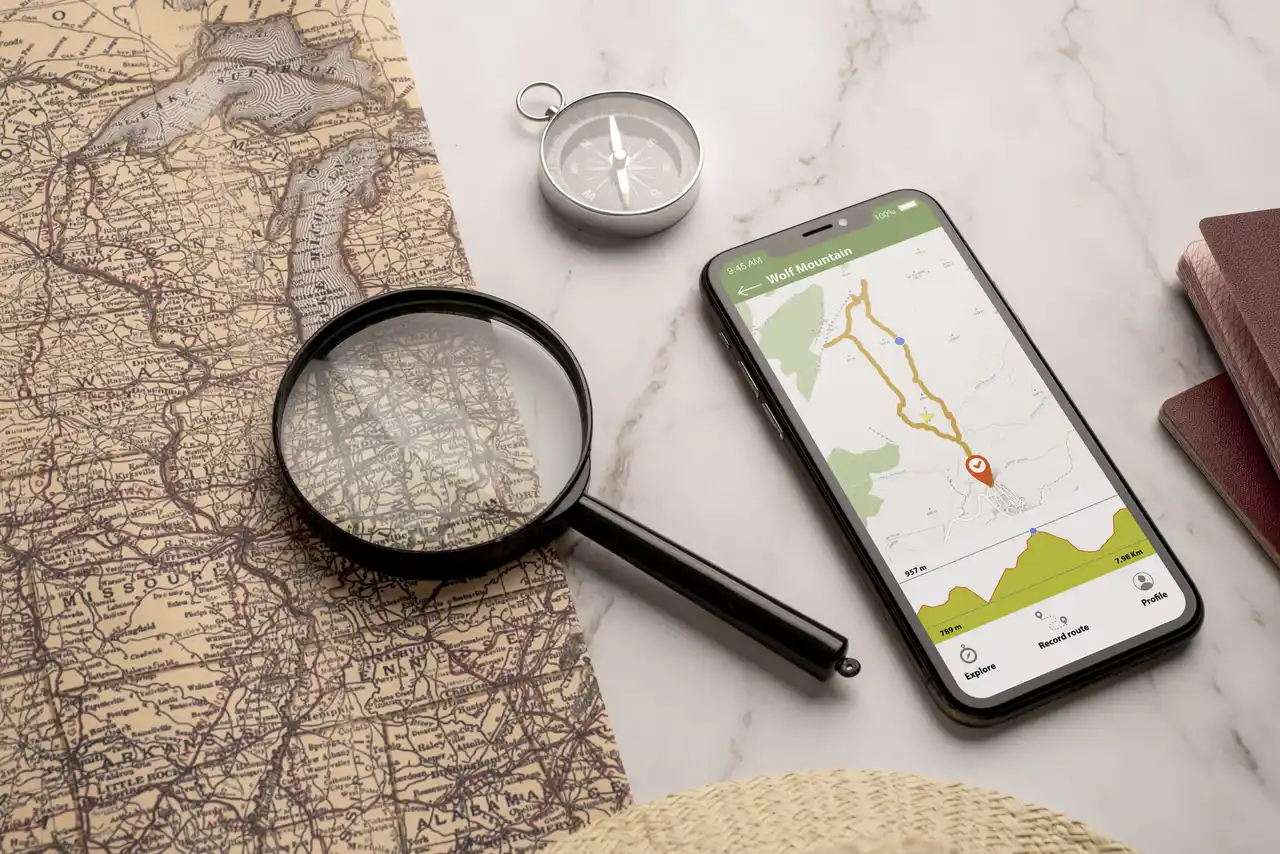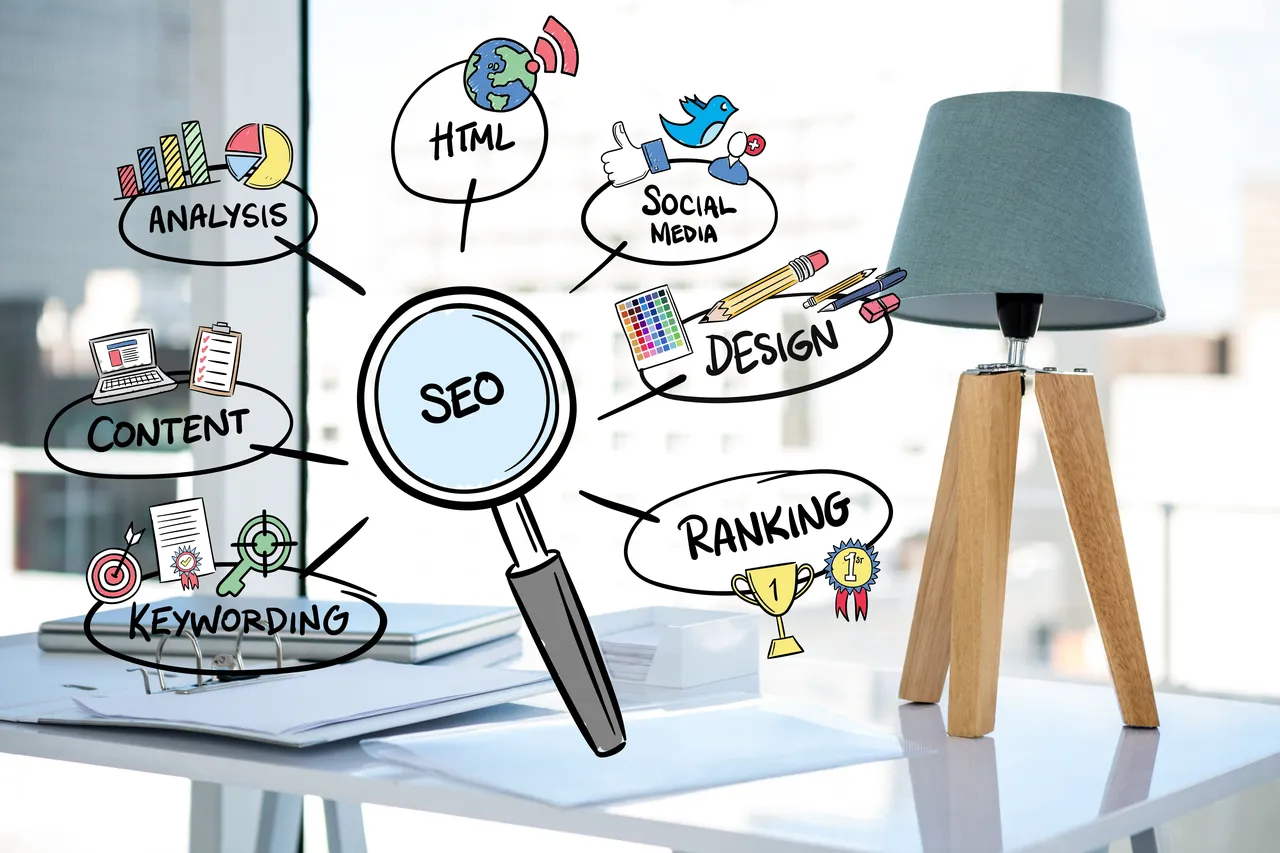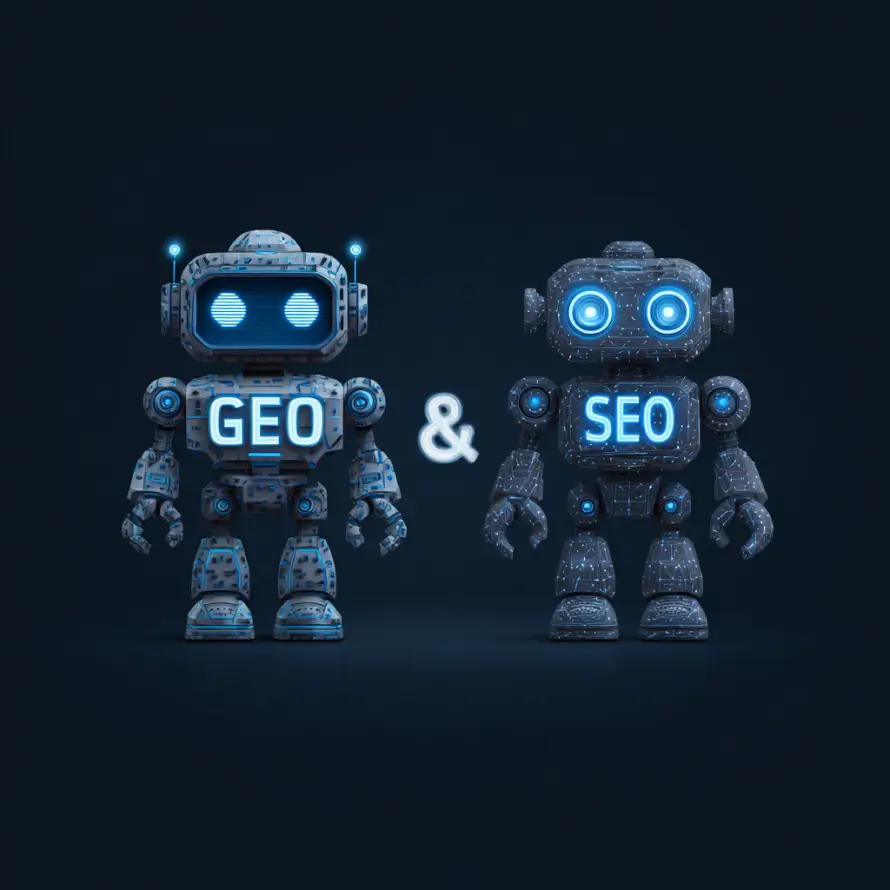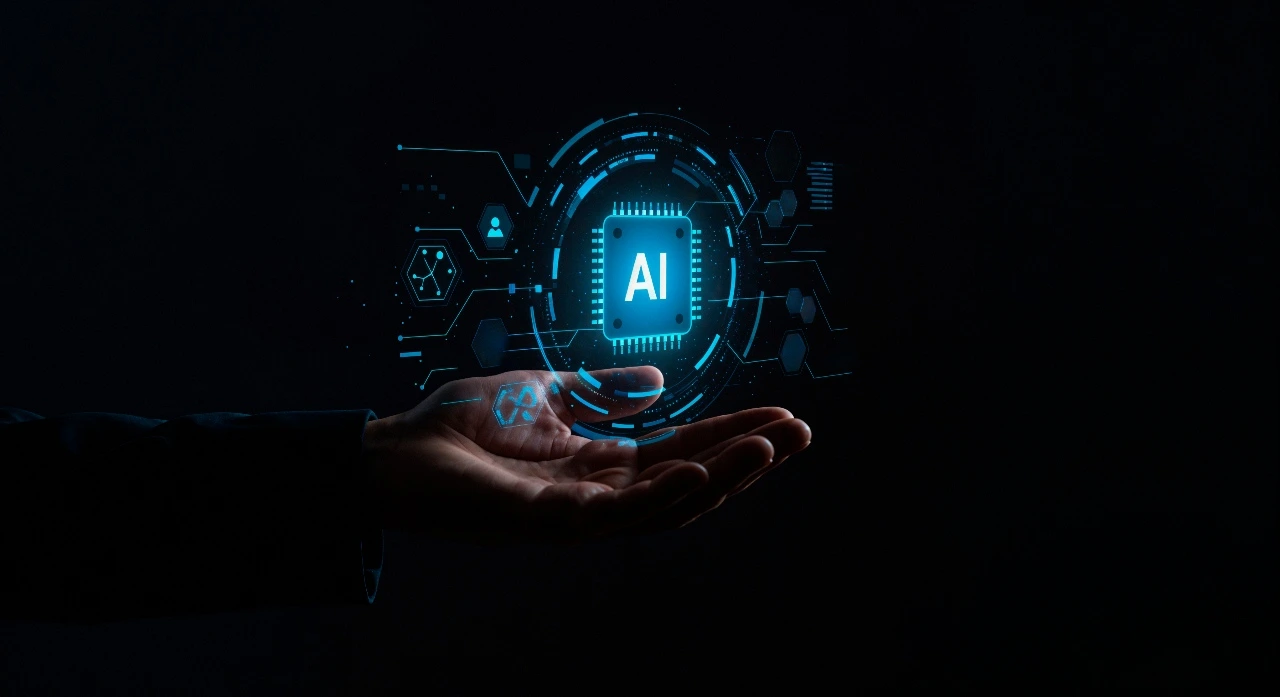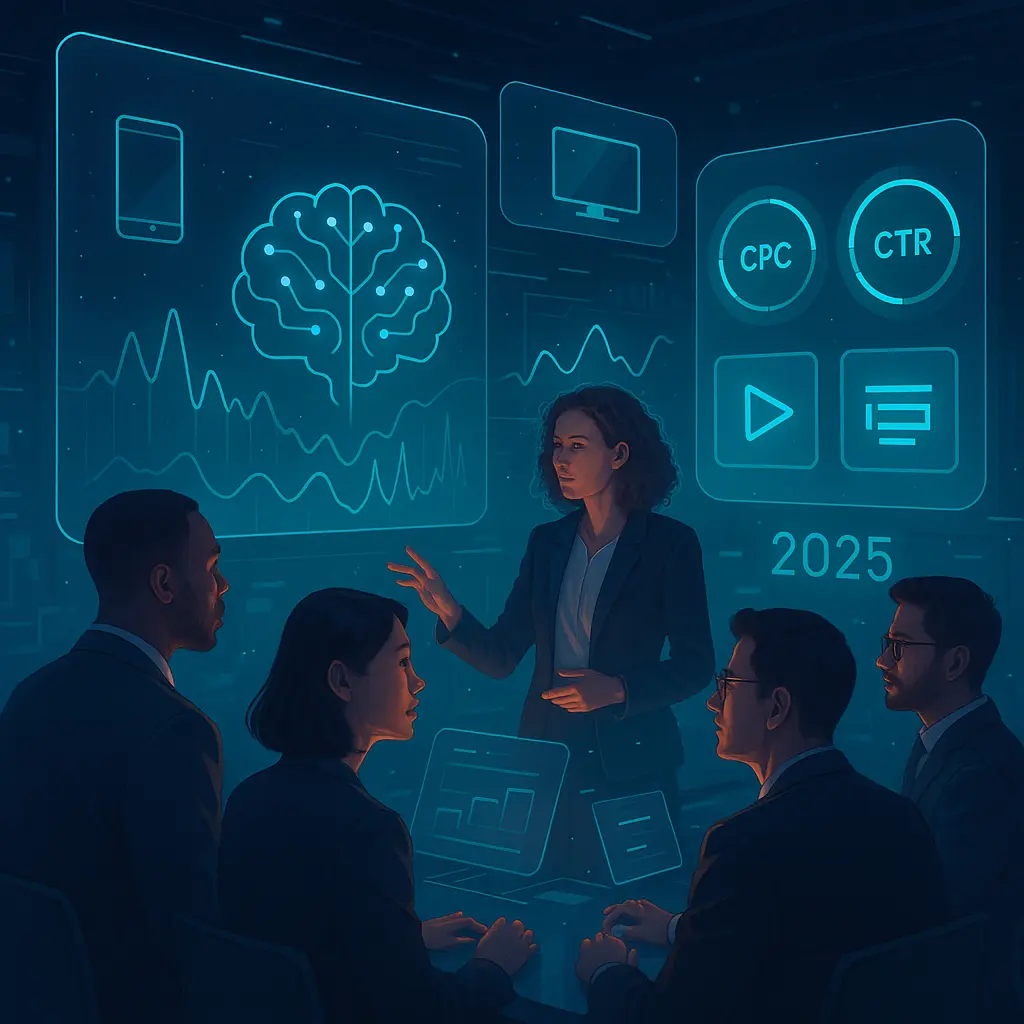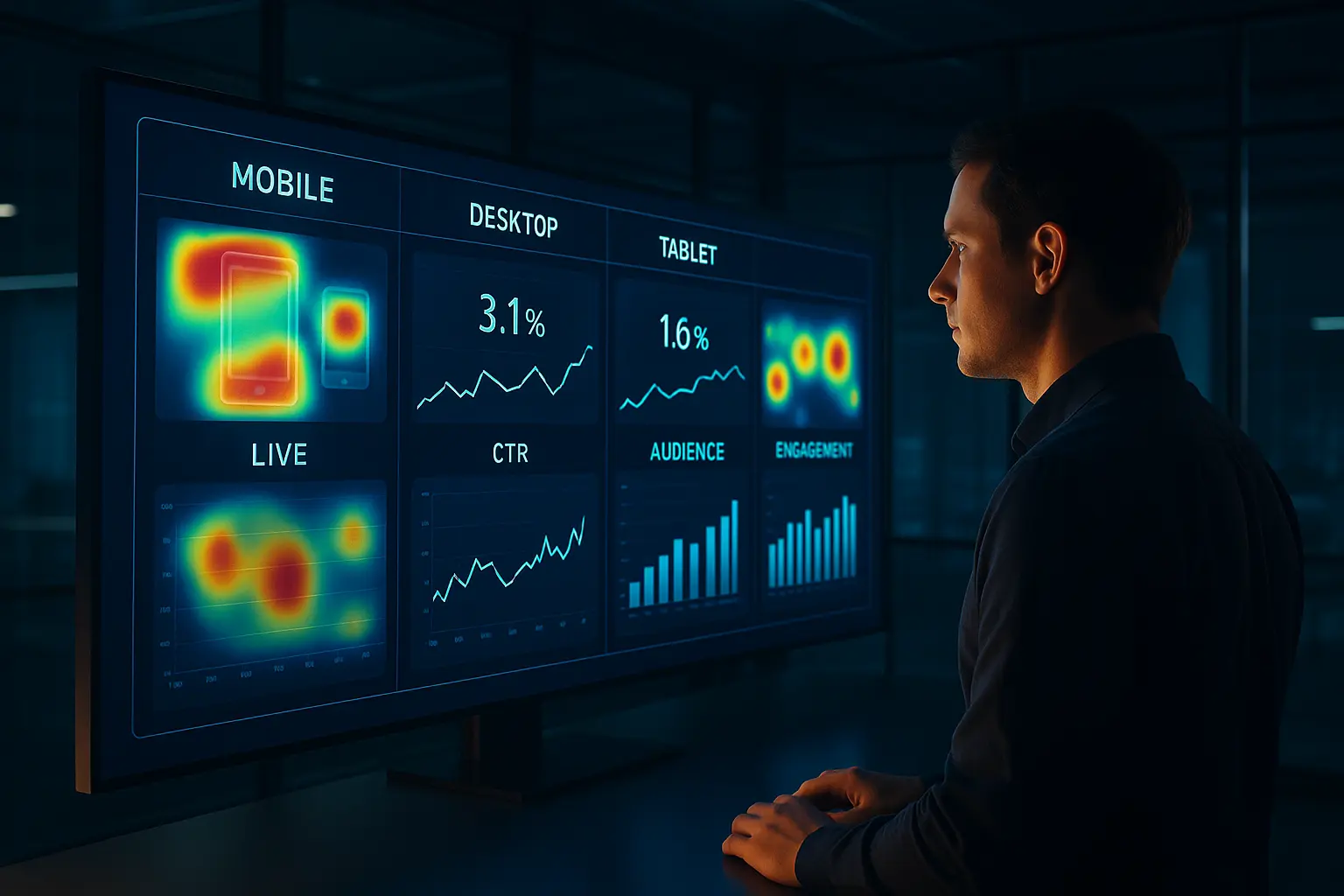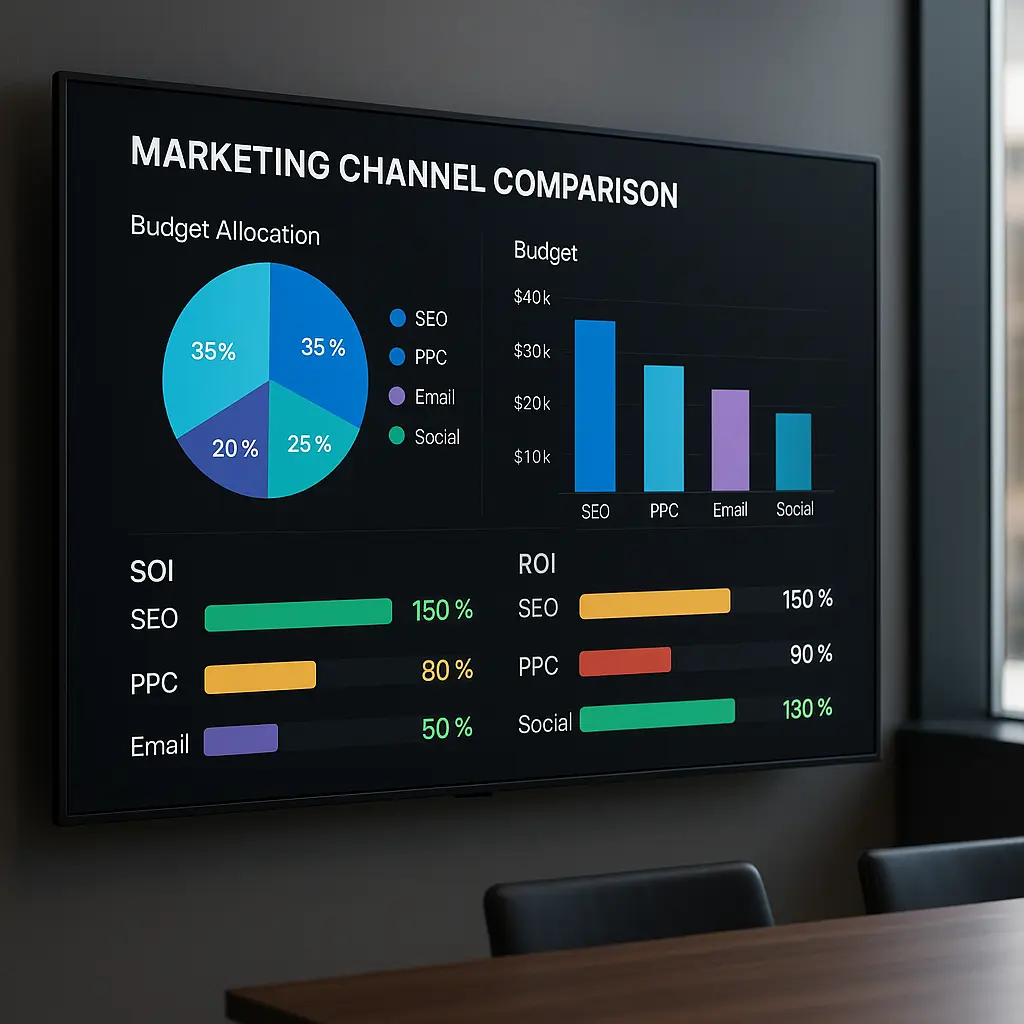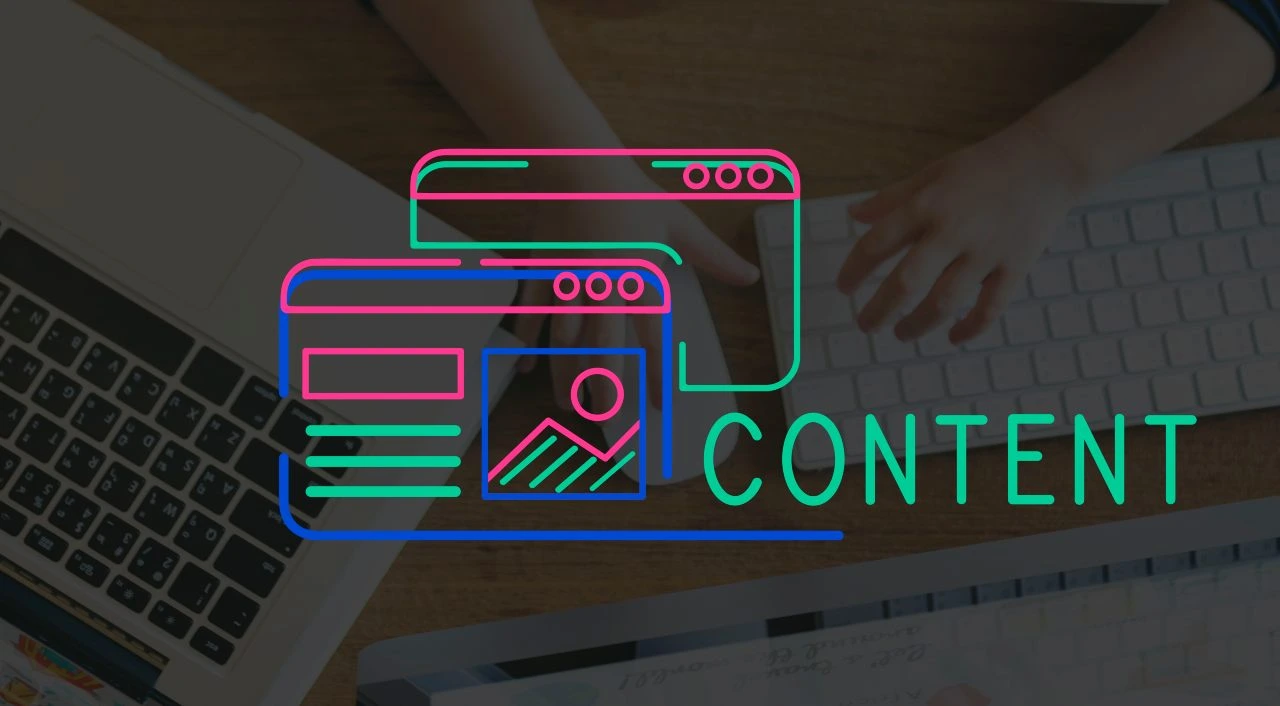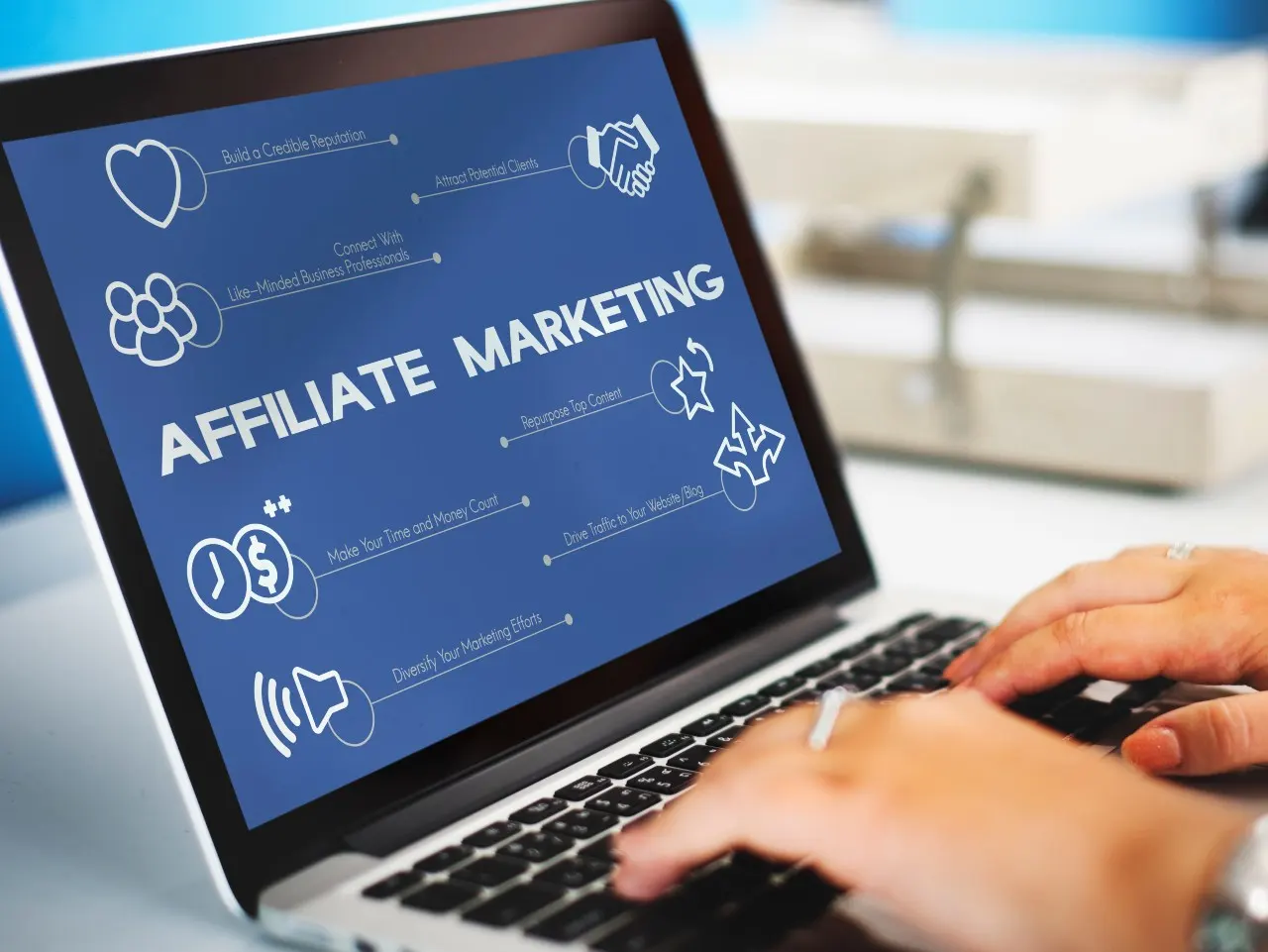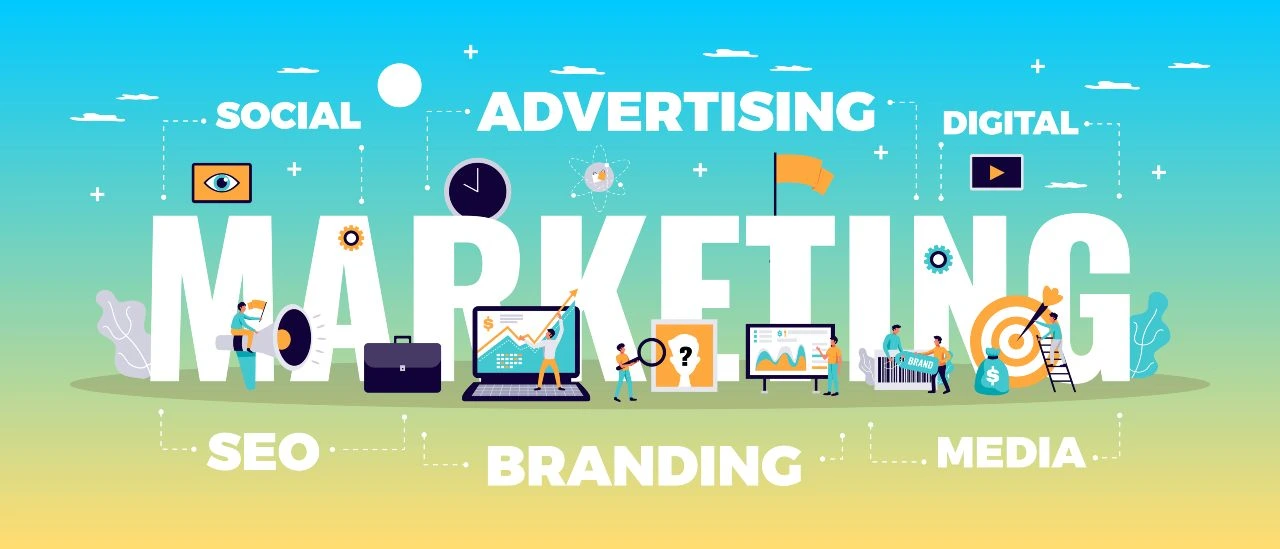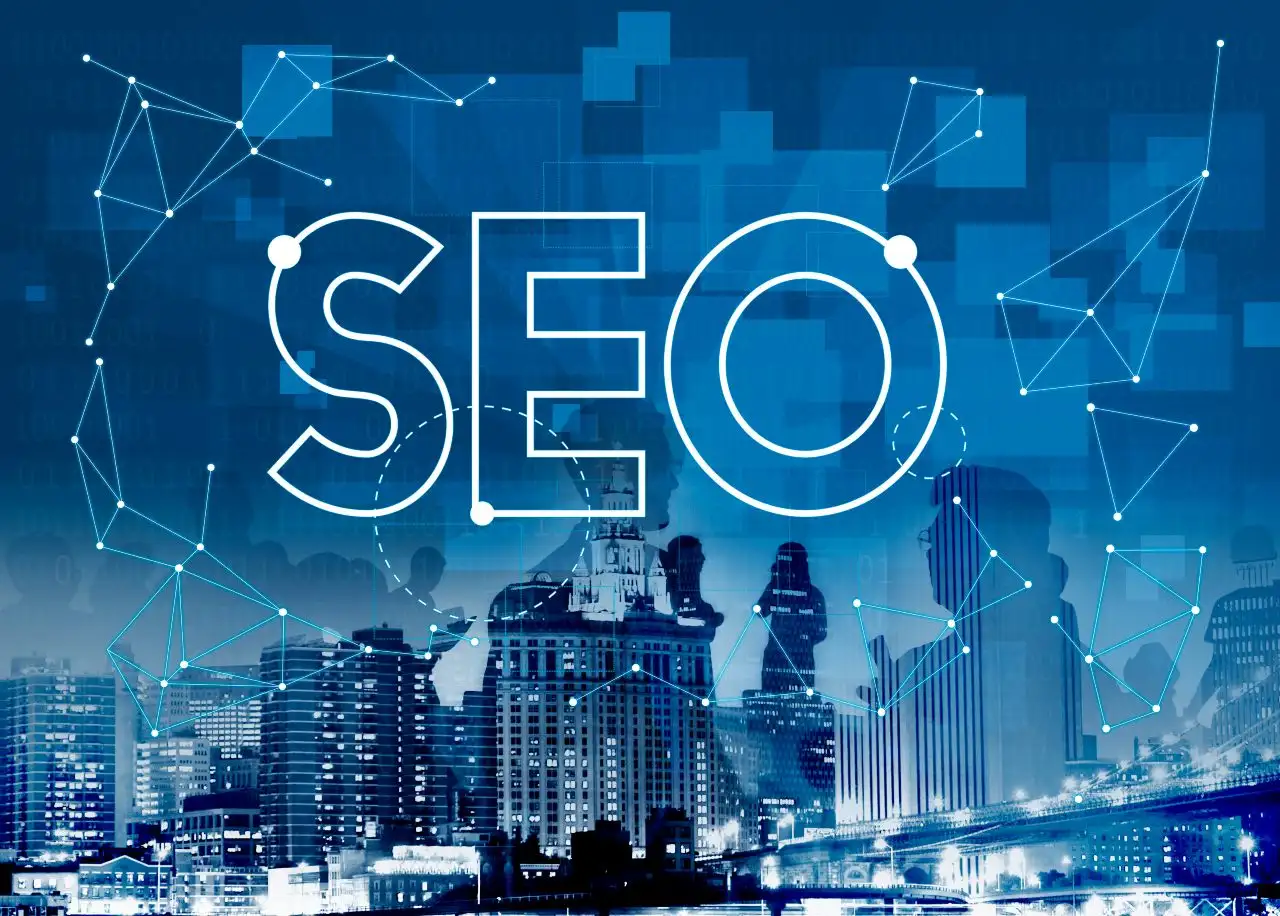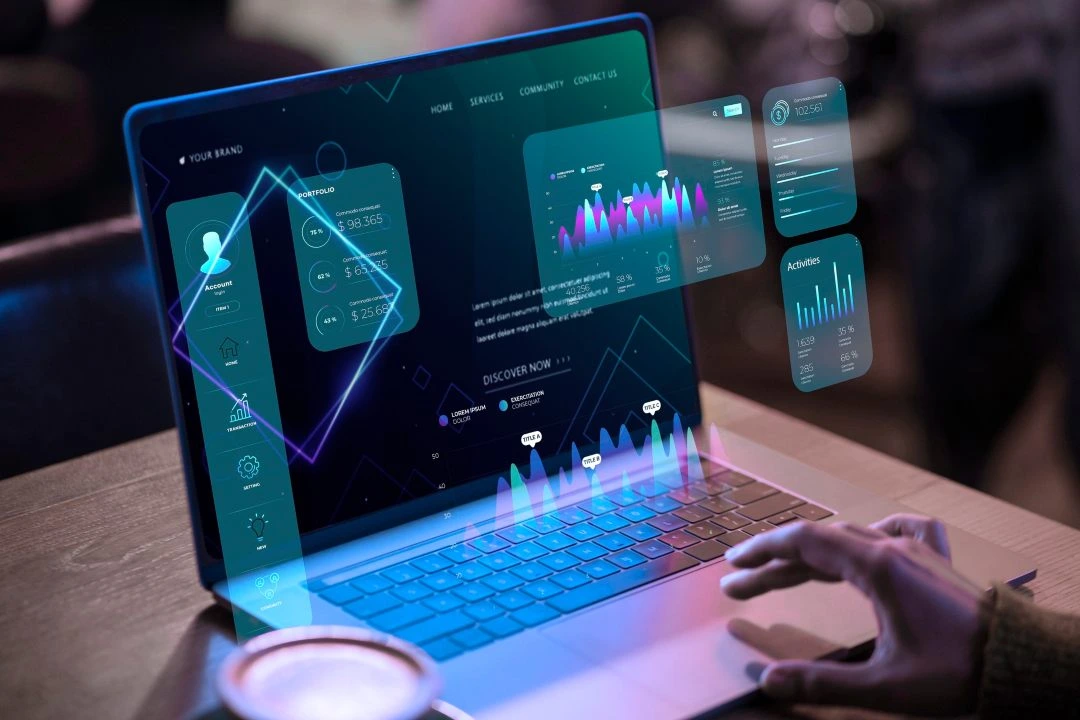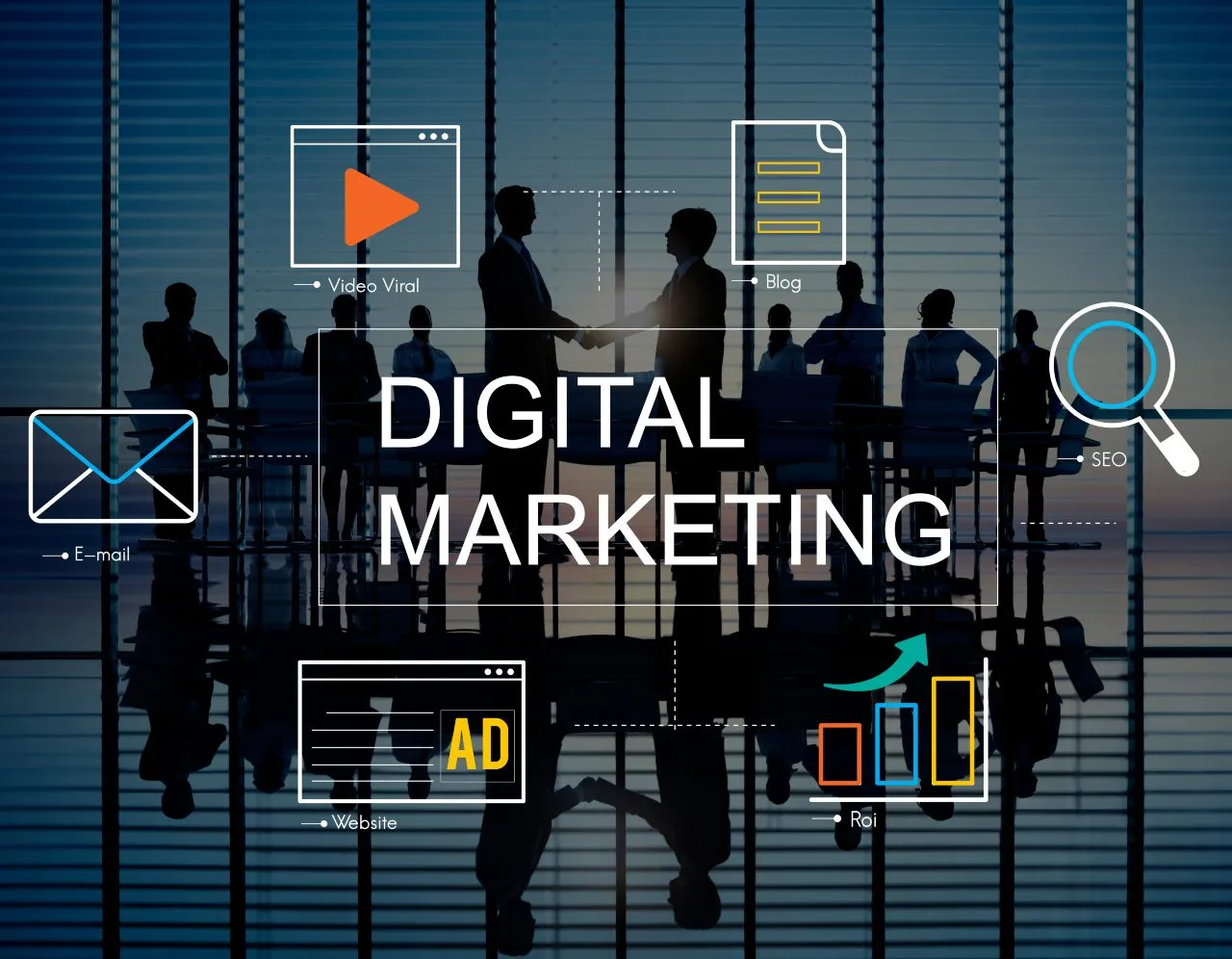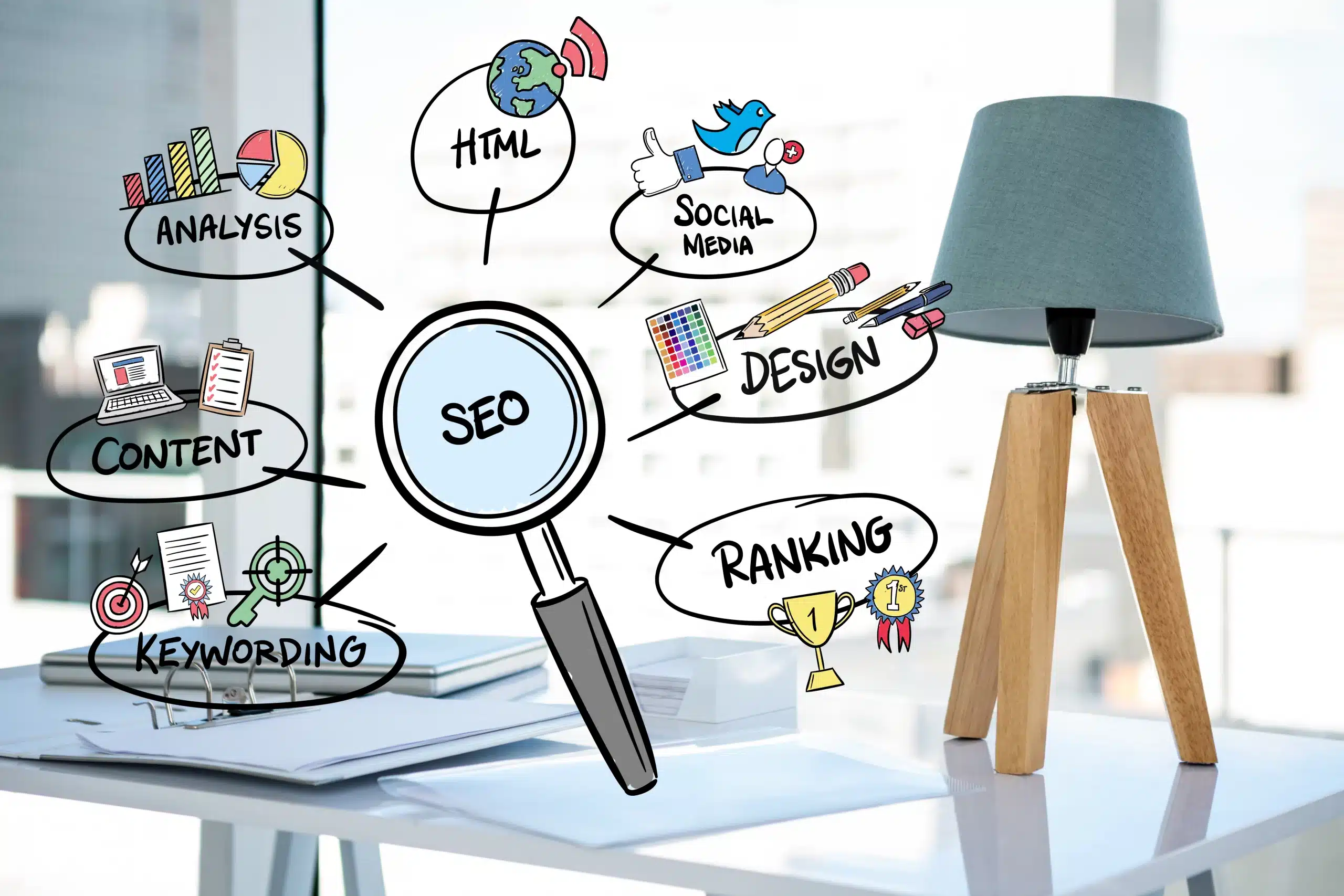Listen to article
Not long ago, AI was a niche research project. Today, it’s the backbone of how billions of people search, learn, and buy online. ChatGPT hit 100 million monthly active users in just two months after launch, making it one of the fastest-adopted technologies in history. Now, tools like Google AI Overviews, Bing Copilot, Perplexity, and AI-enhanced browsers are embedded into the everyday search experience.
If you’re a business relying on organic visibility, this shift in the future of SEO isn’t just a trend; it’s a tidal wave. AI is changing the future of digital marketing: how content is created, how users consume it, and how search engines decide what ranks. The rules you’ve used for the past decade are no longer enough.
To bring real-world expertise into this analysis, we spoke with our SEO Lead at Scopic Studios. She has been helping clients adapt through years of algorithm changes, and her insights shaped much of what follows.
We’ll break down exactly what’s happening to SEO in 2025. You’ll see how AI-driven search is rewriting ranking algorithms, adapting SEO for new environments through concepts like Answer Engine Optimization (AEO) and Generative Engine Optimization (GEO), which capture how search behavior is shifting toward AI-driven summaries and conversational queries. More importantly, you’ll get a future-proof action plan you can start using now.
The Rise of AI-Powered Search and How It’s Changing the SEO Landscape
Only a few years ago, AI in digital marketing and SEO was a niche experiment. Today, it’s the dominant force in the SEO landscape, influencing how billions of queries are processed every day. Search no longer stops at finding the “best match.” Instead, it focuses on understanding intent, synthesizing information from multiple sources, and delivering direct, conversational answers that often remove the need to click through at all.
Understanding AI’s Role in Search Algorithms
Modern search engines increasingly use Large Language Models (LLMs) to interpret queries in a more human-like way, moving far beyond simple keyword matching. Instead of scanning for exact terms, these AI systems:
- Analyze the context of a query to understand what the user really wants
- Pull relevant details from multiple authoritative pages
- Generate summaries that read like a natural, human explanation
Google AI Overviews use this capability to give concise, multi-source answers right in the SERP.
Bing Copilot combines AI search with live web data for in-depth responses.
ChatGPT can now integrate browsing to answer queries with both AI reasoning and up-to-date information.
Perplexity, with its “Comet” AI browser, aims to merge search, citation, and conversation into one seamless experience.
As our SEO Lead, Araksya, explains:
“These systems are trained to favor high-quality, clearly structured, and context-rich content. If your SEO strategy doesn’t account for how AI interprets and reuses your content, you’re invisible in the spaces where users are now getting their answers.”
How Does AI Affect SEO?
The most immediate shift is the acceleration of the zero-click search phenomenon.
- Zero-click searches now account for more than 65% of Google queries (SEJ).
- When an AI Overview appears, click-through rates can drop by up to 40%, even for position #1 rankings (Ahrefs).
- Informational and top-of-funnel searches are most affected because AI answers can fully satisfy these queries without a visit to the source site.
This creates what’s been called the “Crocodile Mouth” effect in Google Search Console: impressions keep rising because your content is still visible, but actual clicks are steadily declining. It’s a sign that visibility and engagement are no longer directly correlated in the age of AI search.
The impact is especially sharp for businesses relying heavily on organic traffic for lead generation. Traditional ranking success now requires a parallel focus on AI-driven SEO, making your content the preferred source for AI summarization.
How AI Is Changing User Behavior & Traffic
AI search doesn’t just change the algorithm, but it also changes people. Users now expect:
- Instant, authoritative answers without having to scroll or click
- Summaries over lists, they want the essence of an answer first
- Citations they can trust, preferably from recognized brands
As a result:
- Average scroll depth on SERPs is shrinking
- Users spend less time on initial research pages and more time refining queries in conversational interfaces
- Search journeys are becoming shorter but more fragmented, with multiple micro-queries replacing one long research session
For businesses, this means you need content that’s easy for AI to parse and quote: concise, well-structured, and backed by strong E-E-A-T signals. This is how you secure a place in AI-generated results and maintain relevance even as clicks decline

Image Source: Ahrefs
How AI is Redefining SEO Strategies
When we spoke with our SEO Lead, Araksya, about the current search landscape, her advice was straightforward: “The fundamentals are shifting. It’s no longer about ranking alone, it’s about being the source AI trusts to answer the query.”
That shift is why businesses are moving beyond traditional ranking tactics and embracing AI-driven SEO, a strategy designed for both human users and AI algorithms.
The core difference? Instead of optimizing solely for position in a SERP, you’re optimizing for inclusion in AI-generated summaries, voice-driven answers, and conversational search flows.
Types of AI-Powered Tools for SEO
AI Chatbots & Assistants
Optimizing for tools like ChatGPT or Perplexity requires clear, fact-checked, and structured content that models can cite confidently. This isn’t about stuffing keywords — it’s about making your site the most credible and usable source in a machine’s “knowledge stack.”
AI Search Assistant Platforms
Google AI Overviews and Bing Copilot are now gatekeepers to visibility. Brands that master entity optimization and content clarity are more likely to appear in these responses.
Voice Search Optimization
AI-driven voice queries are growing. Structuring content in Q&A format, targeting conversational phrases, and ensuring technical SEO aligns with voice-friendly delivery helps capture this traffic.
AI-Assisted Content Creation
AI tools can support topic clustering, draft creation, and competitive analysis. But as our SEO lead warns, “The value is in the human refinement, AI can give you speed, but strategy still comes from people.”
Modern AI-Driven SEO Strategies vs. Traditional Approaches
Traditional search engines like Google work by indexing billions of pages, ranking them by relevance, authority, and technical quality, then presenting them as a list of clickable links.
AI search assistants such as ChatGPT or Perplexity take a different approach. They generate direct, conversational answers by synthesizing data from multiple sources. The experience is interactive, you can refine your query in real time without leaving the interface.
Key differences:
- Output format: Google gives you a ranked list. ChatGPT gives you a complete answer in one response
- User behavior: Google encourages visiting multiple sites to piece together information. ChatGPT keeps you in one conversation until you have what you need
- Traffic implications: Google’s model drives more site visits. AI assistants reduce clicks by answering the question within their own platform.
For marketers, the challenge is to optimize content so it performs in both systems, ranking in SERPs and earning inclusion in AI-generated answers. This shift has created several new approaches that are redefining SEO in practice.
From SERP Ranking to AI Response Inclusion
Old SEO prioritized click rankings. Now, the focus is on being quoted in AI responses, a metric not shown in Google Search Console yet, but already influencing conversions.
Generative Engine Optimization (GEO)
GEO is about structuring content so that generative models not only find you but also prefer your answer. This includes using schema markup, covering topics comprehensively, and maintaining topical authority across your domain.
AI-Specific Content Structures
Bullet points, schema, and short definition paragraphs make it easier for AI to lift and present your information. This mirrors the efficiency strategies discussed in content frequency vs quality.
Hybrid SEO Models
Combining traditional backlink building, such as white label link building, with AI-ready formatting ensures you’re visible in both organic lists and AI answers.
Answer Engine Optimization (AEO)
AEO tailors your content for direct Q&A inclusion. Each section should answer a specific user question clearly, so AI can reuse it without modification.
AI-Era Keyword Research
Instead of focusing solely on volume, keyword research now prioritizes intent mapping and entity relevance. AI tools group queries by purpose, helping you match your content to how SEO has changed in a conversational search world.
If you’re not adapting your strategy to how AI processes and presents answers, you’re building for a search engine that no longer exists.
For brands navigating this transition, working with top AI marketing agencies or a full-service marketing partner ensures that AI-driven SEO is integrated with broader website marketing efforts.
What Data and Industry Trends Reveal About AI and SEO
The data on AI’s influence over search is expanding rapidly, and new metrics are beginning to take priority over the traditional ones most marketers are used to tracking. While rankings and traffic still matter, they now tell only part of the story.
Recent market analyses point to a decisive shift:
- AI-powered search assistants now handle an estimated 1.8 billion queries per day globally, a number expected to double within the next 18 months (Statista).
- At Ahrefs, AI search visitors converted 23 times better than traditional organic search visitors
- Another analysis saw AI-based visits deliver 4.4 times more value per visit than traditional organic channels
- AI-driven visitors view fewer pages per session, averaging 4 pages compared to about 5 for search users, but their sessions are slightly longer, suggesting more focused intent
These search engine trends reveal a subtle but important shift: the quality of traffic is improving even as total click numbers fluctuate. This reinforces the need for measurement models that look beyond surface-level visibility.
For more details on evolving benchmarks, our guide to SEO trends and stats explores performance indicators that reflect the new reality. Many of these align with the current state of marketing automation, which enables faster reaction to shifts in search technology.
Is SEO Dying?
The question has been echoing across the digital marketing world: with AI rewriting how search results are delivered, is SEO still worth the investment? The reality is different. SEO is not disappearing. It is changing shape.
The rise of AI-generated overviews and conversational search experiences has changed the value proposition. In the past, ranking on page one of Google almost guaranteed visibility and a steady flow of visitors. Today, that position may still give you exposure, but fewer clicks, as more users get the answer directly in an AI summary.
This has made the competition for attention fiercer, especially for smaller sites that lack established authority. Large, recognized brands are more likely to be cited in AI responses, while newer entrants may find themselves pushed further down the funnel before a user visits their page.
Challenges to account for
- Lower organic visits for information queries
Many users get what they need inside the search interface. - Visibility favors stronger brands
Well known domains are more likely to be referenced, which can reduce reach for smaller sites. - Measurement gaps
Reporting does not fully reflect impressions from AI features, so teams can misread performance.
Opportunities to pursue
- New optimization methods
Invest in Answer Engine Optimization and Generative Engine Optimization. Use clear sections, concise definitions, and structured data so systems can extract and cite your content.
- Entity and topical authority
Build depth around core entities, related questions, and supporting subtopics. This improves your chance to be selected as a reliable source.
- Alternative discovery paths
Grow audiences in places where users start research outside classic results. This includes social search, video, communities, newsletters, and direct brand channels.
- Partnership and data models
Provide clean datasets, product feeds, and verified documentation that AI tools can trust. Explore syndication and integration opportunities where appropriate.
- Experience and conversion focus
Fewer visits can still deliver more value when pages load quickly, answer intent clearly, and guide users to the next step.
Brands that are adapting now are focusing on AI-driven SEO strategies in parallel with their traditional efforts. This means structuring pages so they are easily parsed by AI, while also reinforcing brand signals and authority. Working with experienced partners, such as a proven AI digital marketing agency or exploring outsourcing SEO services, can fast-track this adaptation.
The future of SEO is not about clinging to past tactics but mastering the evolving environment. Those who can align content with AI’s preferences while maintaining human relevance will find that the channel is far from dead; it is simply operating under a new set of rules.
Actionable and Future-Proof Plan for Your SEO Strategies
The future of SEO with AI will not reward those who wait for search platforms to settle into a single model. It will reward those who adapt quickly, track results in new ways, and focus on creating content that is as valuable to AI systems as it is to human readers. Here is a plan you can put into action now.
Integrate AI Tools into SEO Workflows
AI is no longer an optional enhancement. It can help you map keyword intent, cluster related queries, analyze SERPs, and even identify entity gaps in your content. Use AI to speed up research, create outlines, and evaluate competitor performance. This works best when paired with human oversight to ensure accuracy and originality. For many brands, partnering with an experienced AI digital marketing agency ensures the right tools and processes are in place from day one.
Focus on Improving User Experience and Core Web Vitals
Search engines, whether AI driven or traditional, still favor sites that load fast, respond well on mobile, and present information clearly. Reduce layout shifts, improve visual stability, and keep interactive elements smooth. These improvements not only boost rankings but also help AI systems interpret your content more effectively, which supports better inclusion in answer summaries.
Regularly Perform SEO Audits and Adapt Your Strategy
An audit in the AI era goes beyond technical checks. It should identify where your content is already being referenced by AI platforms, where zero click features are impacting visibility, and which topics are delivering the strongest conversions. Include competitive analysis to see how others are adapting. A quarterly review is ideal, but monthly adjustments can help you stay ahead in fast moving sectors.
Consider Hiring an AI SEO Expert
In a landscape this dynamic, it pays to have specialist input. Hiring an expert or working with top AI marketing agencies can give you insight into both current trends and emerging opportunities. For businesses that prefer to scale with external help, outsourcing SEO services provides flexibility while giving you access to the latest SEO technology and methods.
Build Authority and Trust Signals
Earning citations in AI overviews often comes down to credibility. Publish well-researched, original content with consistent quality. Link related resources across your site to reinforce expertise. Share case studies, testimonials, and proof of results to strengthen trust, which is central to AI-driven SEO success.
Conclusion
AI is transforming search at a pace that leaves no room for outdated strategies. Success now depends on creating content that serves both human readers and the systems delivering AI-powered answers. The brands that adapt quickly, track the right metrics, and maintain strong authority will hold their place in the future of SEO.
If you are ready to apply AI-driven SEO strategies that keep your business visible and competitive, contact us to explore Scopic Studios’ tailored SEO services.
About The Future of SEO Strategy with What AI-Powered Search Means for The Future of SEO Strategy in 2025
This guide was written by Mikheil Kandaurishvili and reviewed by Araksya Hakobjanyan, SEO Lead at Scopic Studios.
Scopic Studios delivers exceptional and engaging content rooted in our expertise across marketing and creative services. Our team of talented writers and digital experts excel in transforming intricate concepts into captivating narratives tailored for diverse industries. We’re passionate about crafting content that not only resonates but also drives value across all digital platforms.
Note: This blog’s feature image is sourced from Freepik.













